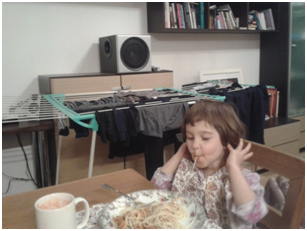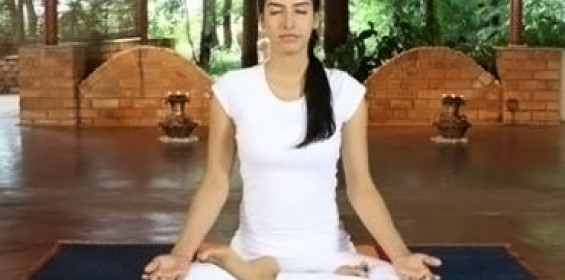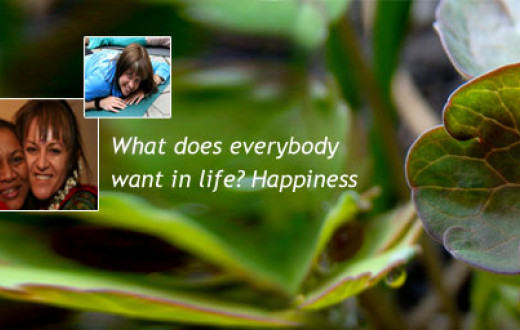This is continued from Tips for dads (Part -1)
Being A Single Father ...
After two years, I separated with and then split with my wife. Now I’m not telling you to go out and get a divorce too, but surprisingly I have got much closer to my daughter as a result of an admittedly difficult situation. When you spend one-to-one time with your children, you just (have to) drop all the stereotypes of society, like it’s a Mum who has to feed, buy clothes, and take the baby to the bathroom. When families only hang out as families, more social roles in the family appear, more stereotypes kick in and—sometimes, oftentimes—that can damage intimacy.

Regarding developing intimacy and celebrating every moment, I read a beautiful story a couple of years ago. It was an interview with an elderly Polish professor, Michał Głowiński, a distinguished professor in literature and the humanities. He is gay—the article was a sort of autumnal coming out—and he described how in Communist and Catholic Poland, he and his partner of many years had been unable to live together, to be openly "together". And yet, perhaps partly because of that, their every meeting became a celebration, like that of young lovers. Now, in my experience, the typical European and American "traditional" family of today does just the opposite. Each evening "together" is two to four hours in front of the TV! Really not together at all. Even in traditional Poland, the amount of daily one-to-one or one-to-many time spent by parents with children these days is measured in minutes and not hours! Another thing I think many teachers must have noticed: children pick up on your state of mind very quickly. If you are calm and "meditated", they pick up on that. If you are nervy or irritated, they catch that too.
Tip no. 2 for fathers, single or otherwise: Spend one-to-one time with your kids and do all the basic necessities of life with them—it turns out these will be some of your most intimate moments and fondest memories. Take care of your mental state with meditation before those precious times with your children (Find out more about meditation). And consider throwing out the TV.
The Importance Of Touch For The Terrible Age Of 2/3
On the whole, Natasha has been a really easy daughter to bring up. In fact, I really should say that she’s been bringing me up as much as the other way round. Once we watched a movie together, the first part of Ice Age (it’s a Hollywood epic cartoon for families). One of the main characters, the tiger Diego (hitherto a "bad character"), undergoes a transformation and decides to save an innocent child rather than attack him. When the film finished, Natasha was silent for a couple of minutes. Then she declared—she was three years old at the time—Buddha-like in her calm authority, “Sometimes people are bad. But they can become good.” And went back into silence. On many other occasions, despite using only very simple words, she has caught the emotional or even spiritual essence of a situation much better than grown-ups. But still, from around 3 to 3 ½ years, she went through a period where she was more up and down in moods, and when she was down the smallest thing that did not go her way made her freak out. She could shriek till I thought the police would come. What helped here? Just holding her, or carrying her on my back. I noticed that in India mums have a lot of physical contact with their children; for example, a mum who was a cleaner in a café would have her kids at arm’s reach. No fancy corporate crèche, just there with her on the floor while she worked. And other parents, like my own mum, told me about cultures like China, where kids were much more often on their parents’ backs, and that this had the effect of developing emotional stability. It worked for me. Recently, Natasha—now five—got stung by some bees in a mountain forest (they actually chased us like in the movies!); she was completely distraught. But I took her piggy back down the mountain; as soon as she got up on my back, she started to calm down.
Tip no. 3 for Dads (and Mums!): Hold young children when they are freaking out, especially when they’re little or something genuinely painful has happened, when they can’t help it. Don’t fight fire with fire. That plus the patience—the "this may last a little but will pass" sentiment—got Natasha through. And more than that, today she does not expect to always get what she wants; with equanimity she says when I don’t buy her something, "Ok, maybe another day." You can’t buy me love…

Tip no. 4 for Dads: Check carefully the children’s programs your kids watch and watch with them! Many of them carry inappropriate messages of threats and horror (like the traditional European ones, "If you leave the forest path, or don’t listen to your parents, horrible things like abduction will happen to you."). UK kids programs of the last 20 years, like Peppa Pig, Ben and Holly, and Charlie and Lola, or the recent Hollywood animated children’s films like Ice Age or Madagascar for me were very positive: they don’t avoid life’s difficulties, but treat them with humor and no small dose of wisdom. I also noticed that Natasha’s joy went down a lot after 2 short films; she starts to look a little dull and tired although she wants to watch more. Gurudev, in Know Your Child, mentions that kids should start watching films only at 4, and even then not too much. And once again, I noticed that a meditating mind is just more sensitive to the emotions, which are so key to the child’s less verbalized world, whether in films or in the relationships around.
Tip no. 5 for Dads: Buy the book Know Your Child by Gurudev Sri Sri Ravi Shankar. Take the Know Your Child course for parents.
Read the next sequel to this piece on Tips for Dads – (Part 3 – Children of age 5 years and above)
Written by Patrick Trompiz

































